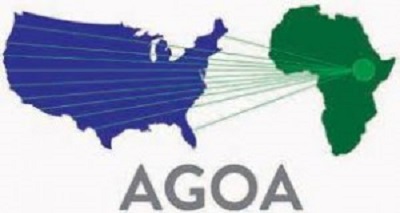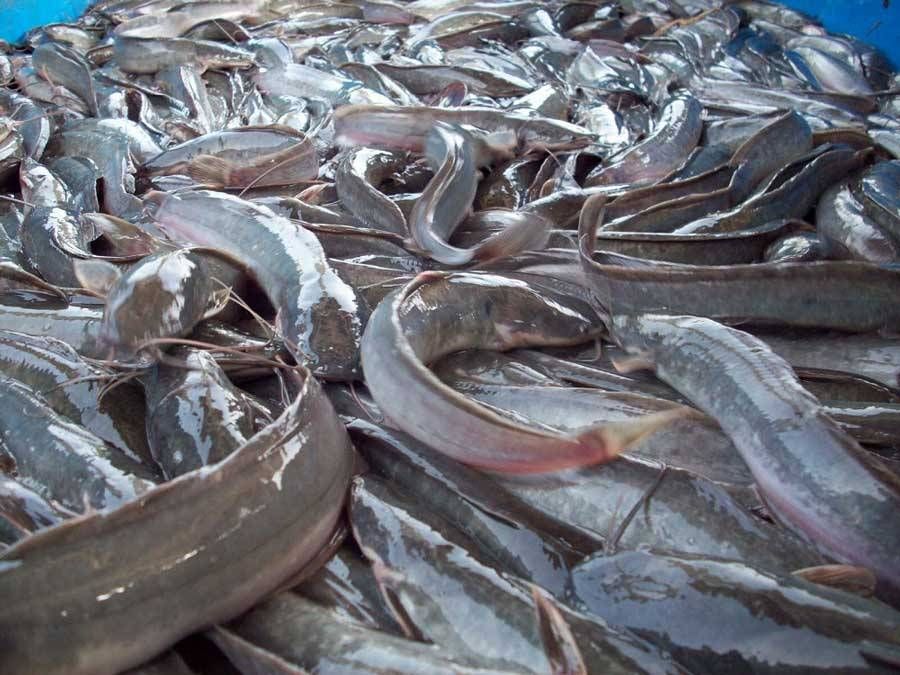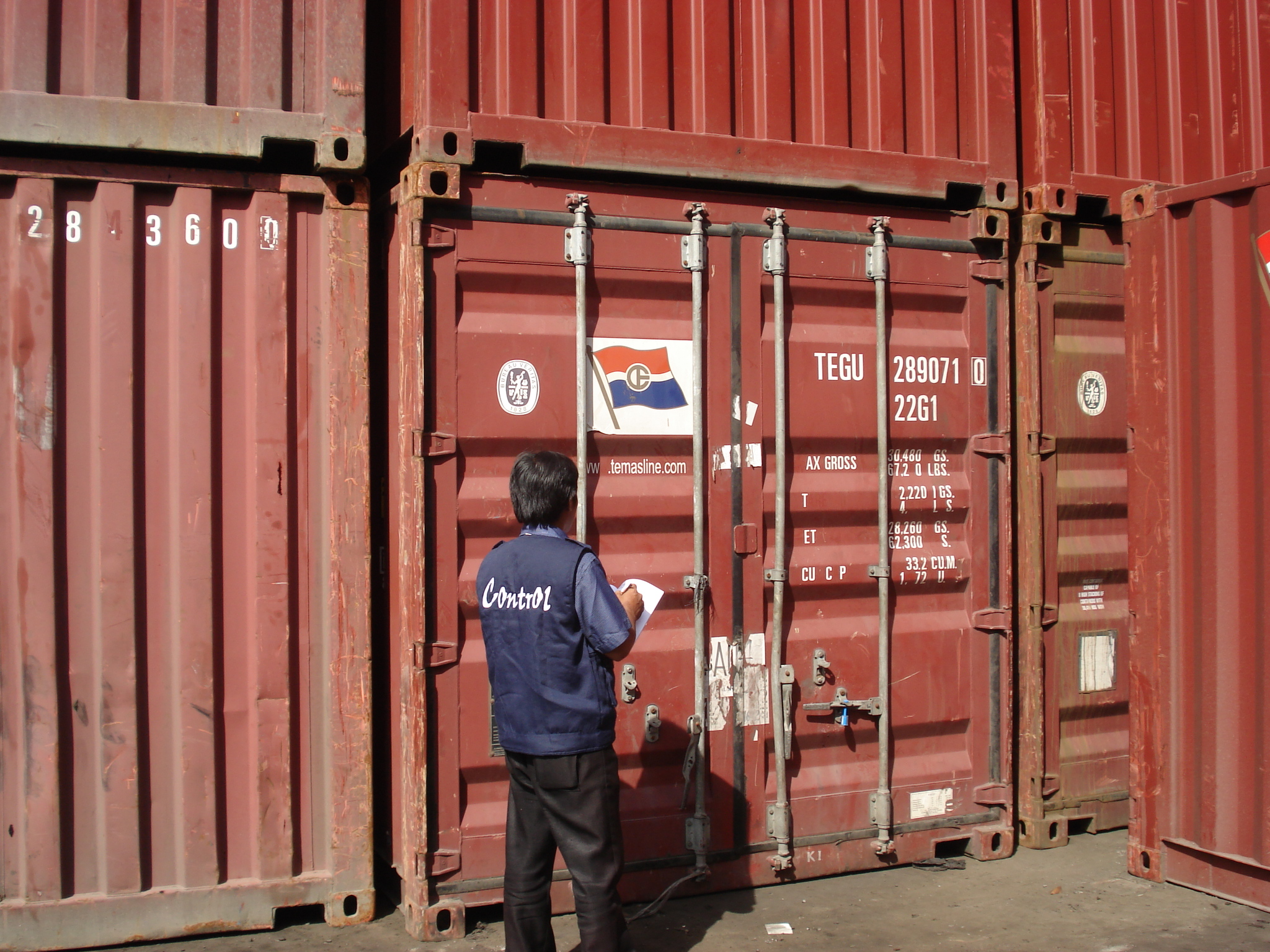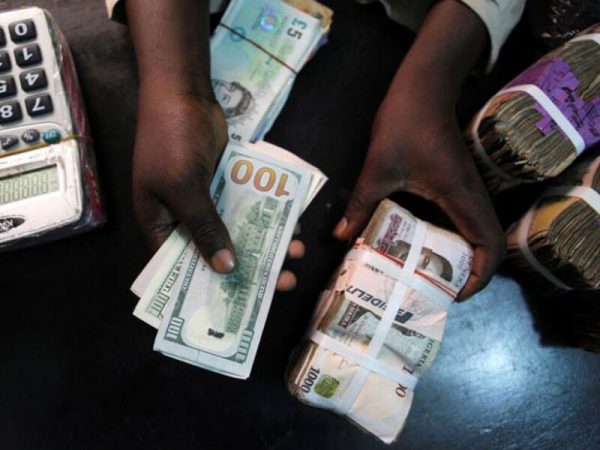How To Export Rose Wood
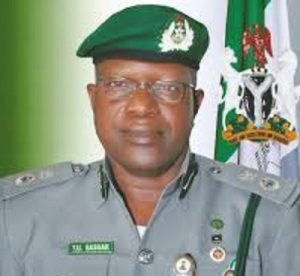
In this interview, Mr. Uche Ejiseme, the Public Relations Officer at the Tin Can Island Port Customs Command reveals how the Customs Area Controller (CAC) at Tin Can Command, Comptroller Yusuf Bashar sets the template for hitting revenue targets, he explains the Command’s preparation for increased vehicle imports, how to export Rose wood, the Command’s efforts towards enhancing the capacity of port stakeholders, trade facilitation, and more.
Exceprts:
How has the restriction of vehicle imports to seaports affected the vehicle traffic at the Tin Can Island Port?
In December 2016, there was a presidential directive that all vehicles coming into the country must come through the Nigerian seaports. This was to curb the unfortunate situation where vehicles coming into the nation were first taken to neighbouring ports before they are brought into the country through the land borders.
The Federal Government made a wise decision to review that policy and that is why they came up with the directive to restrict vehicle imports to the seaports. As soon as we received the mandate from the Customs headquarters, the Controller of Tin Can Island Port, Comptroller Yusuf Bashar, as a proactive measure summoned an emergency meeting of all the critical stakeholders such as the terminal operators with particular reference to the owners of the facility which is ‘Five Star Logistics’ as our car park facility, the freight forwarding groups as well as the heads of various terminals and Customs units. The meeting was to sensitize them, to draw their attention to this circular and ensure that all parties sharpen their reflexes and be ready for the traffic and pressure resulting from an increased volume of vehicles that the port is expected to handle following that directive.
However, Tin Can has always been a vehicle port. Some years ago, most of the vehicles coming into Nigeria came through Tin Can and we had facilities to cater for all these vehicles. Most of these facilities are still available and in good shape. So, the Tin Can Customs Command is fully prepared with the requisite capacity and competent personnel to handle the expected large volume of vehicles that should come to the port following this presidential directive.
Have you observed any increase in the vehicle traffic at the ports already?
Well, it is too early to measure the success of the directive or the influx of vehicles into the port. The winter season in Europe and America is a serious impediment to trade because some of the areas where the vessels ought to ply during their voyage have been blocked. Most of the channels, i.e. the oceans and seas have been blocked. That has been one of the reasons why we have not seen massive influx of vehicles at the seaports despite the new auto policy.
I’m hopeful and optimistic that in March, we would begin to record large volumes of vessels coming with vehicles. This implies that the revenue accruable from those imports would enhance our revenue base at the Tin Can Command.
The Controller has set the benchmark of N1billion per day for the Tin Can Customs Command. Any day we don’t generate up to N1billion, the Controller isn’t happy with the output for the day. We have been following this target religiously since Comptroller Bashar came on board as the Customs Area Controller at the Tin Can. That was the reason the Command was able to record almost N256billion last year out of a target of N266billion that was given to the command. The Command made about 96% of its total revenue target, despite the global recession and multiple challenges. This year we are sure to reach higher figures because the CAC has started putting modalities in place to ensure we achieve the revenue target of the command.
Tin Can Customs Command is a benchmark command because we have been blazing the trail in all ramifications. Last year, within the duration of eight (8) months, the Command received four (4) commendation letters from the Customs management. The Command got commendation letters for due diligence and professionalism as a result of the high profile seizures that we had last year.
However, the CAC, Comptroller Bashar is a World Customs Organization (WCO) certified trainer who came to the Tin Can Command with certain innovations such as the creation of a 30-seater training centre to train officers on issues such as classification and valuation risk management, NICIS and other aspects related to modern Customs operations.
Recently, we had a training programme cutting across all cadres of officers to ensure that they are in tandem with the expectations and operations of the moment. Beyond that, the CAC has also established a state-of-the-art clinic to cater for the health concerns of the Customs officers as well as other stakeholders at the port.
The training centre is going to be commissioned by the Comptroller General, Col. Hameed Ali (Rtd.) and the CAC has directed that other stakeholders such as the media benefits from the trainings. All these efforts are geared towards upholding the Command’s integrity and it shows the CAC’s drive to ensure trade facilitation.
What is the revenue target for Tin Can Customs Command for 2017?
The target for the Command is N303billion for the year and N25.4billion per month. However, with the daily target of N1billion that the CAC has set for the Command, we are going to meet and even surpass the N303billion. The Command has already started raking in N1billion daily and we are not leaving any stone unturned as we chase this target. We have sensitized the officers in key areas of the port and also ensured that all areas of revenue leakages have been blocked. We are optimistic that we would surpass the target.
The CAC monitors all transactions from his office because he is vast when it comes to ICT. Once he sees any infractions, he flags it and the person knows that he is been queried. These are some of the actions that led the Comptroller General and the Customs management to tag the Tin Can Customs as the benchmark Command. It was the Customs headquarters that gave us that tag.
What is the state of scanners at the Tin Can Island Port?
The issue of scanners has been a recurring issue. At the moment, we have challenges with scanners but we know that the CGC, Col. Hameed Ali (Rtd.) is working on it.
Recently, he disclosed that he has started engaging certain multinationals about scanners. This is something we need have in place to ensure that we function better; but in the absence of scanners we have no other option than to resort to 100% physical examination. We hope that in due time the obsolete scanners would be replaced with new functional ones.
The Kirikiri Lighter Terminal (KLT) Customs Command is partnering with the concessionaires of the Lagos International Trade Fair to set up the Nigerian Export Trade Hub (NETH) at Trade Fair. Is Tin Can Command also looking out for opportunities to encourage exports?
I remember that the first major thing that Comptroller Bashar did when he assumed the office of the CAC was to convey a meeting of all exporters. I wasn’t here at that time but I read about it and if you go round you would see the fliers. At that time, people from the Department of Forestry and some allied associations of export trade came and they delivered lectures in that conference. That conference was geared towards creating the necessary awareness to know items that are exportable, the conditions for exporting them, the items on the export prohibition list, etc.
We just did flyers and roll-up banners to draw the attention of the exporters to a particular wood called Rose wood. Rose wood is a particular specie of wood whose export is prohibited or regulated. If you must export it as a refined wood it must come with CITES (Convention on International Trade in Endangered Species) which is gotten from the Federal Ministry of Environment. Apart from this CITES there are other regulations and requisite certifications from Customs.
The reason we are doing this is to sensitize the exporters because we know the important role they play in ensuring balance of trade. However, it is also a collective responsibility for us to help save the nation’s environment. This shows the Controller’s interest in ensuring that such exports are well regulated.
By Kenneth Jukpor




